The most serious conflict in Europe in many of our lifetimes is continuing to take an enormous toll on millions of Ukrainians – women, men and children – who have been forced from their homes, countless fleeing immediate danger.
Latest UN figures suggest around six million people are still internally displaced, living in safer parts of Ukraine with families and friends, or in temporary accommodation which is beginning to feel ever more permanent. A further eight million have taken refuge in neighbouring countries and, of course, a smaller number have been warmly welcomed here in Scotland.
The shock of this crisis “on our doorstep” has provoked a stunning response to the Disasters Emergency Committee’s (DEC) Appeal for Ukraine, launched just over 12 months ago. Around £37 million has been raised through donations in Scotland, and a scarcely believable £415 million across the UK – that’s well over £5 for every person in Scotland, that will doubtless include very many Press and Journal readers.
With such generosity towards the people of Ukraine, entrusted through the DEC and our 15 member charities, we feel it is more important than ever to let the public know how that money is being spent and that it is being used effectively.
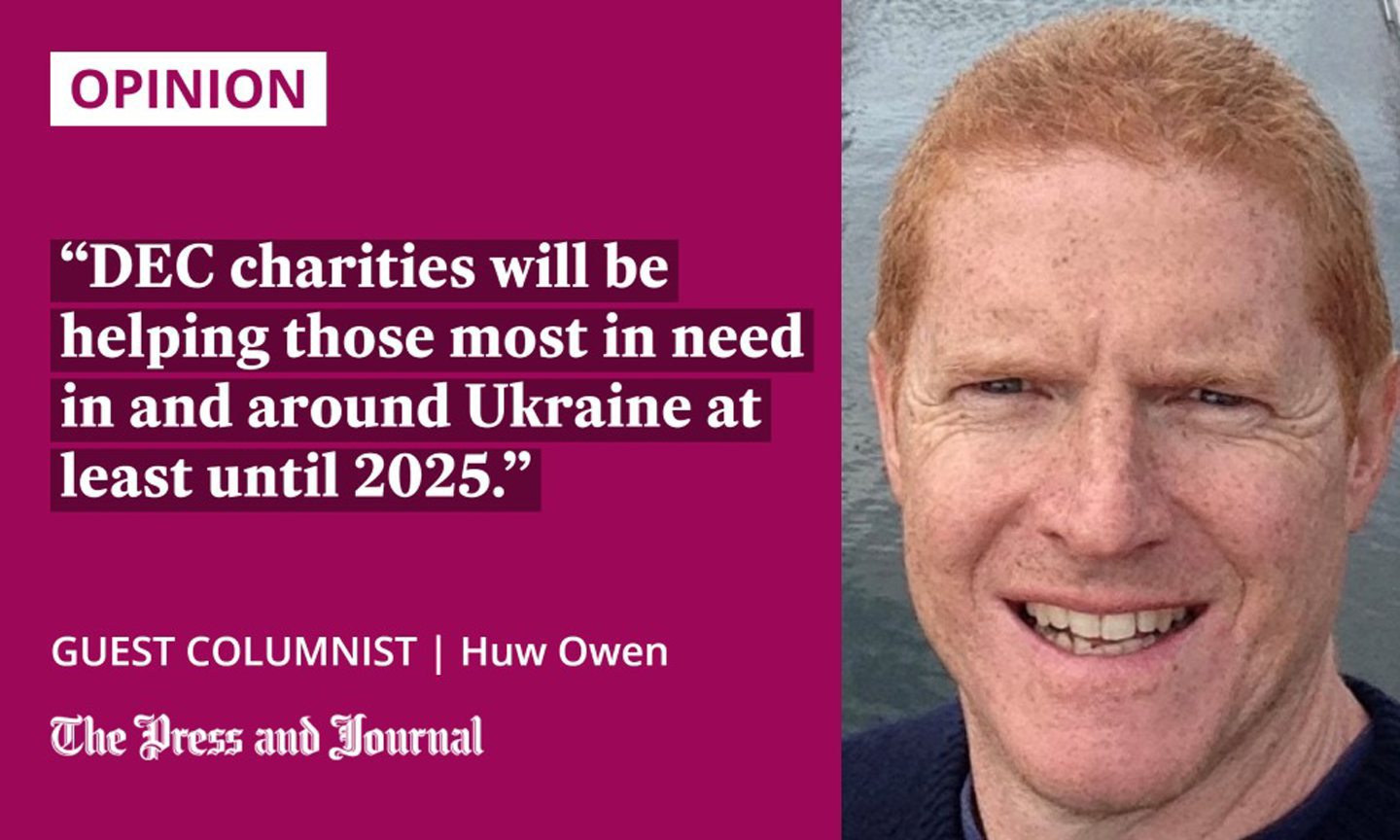
The DEC’s members have long established ways of working, led by key humanitarian principles that prioritises the most vulnerable. In this crisis, like so many others, that means help for the elderly and women – particularly those who are pregnant or have recently given birth – along with other vulnerable groups such as ethnic minorities or those with disabilities.
Whilst the Ukraine crisis has been distinctly different from many in the DEC’s near 60-year history, families displaced or on the move will almost always need the absolute basics to survive or stay safe. In the first six months of their response, our member charities, working closely with knowledgeable local partners, helped nearly two million people to access clean water, nearly 400,000 people with finding food, and a similar number with direct cash payments: an increasingly effective way people can be afforded greater dignity and choice in how they are helped.
An inspiring compassionate collective
A majority of the huge sums raised are rightly being used to help people inside Ukraine. Where need remains acute near conflict areas, members have been providing food, temporary shelter or housing, as well as heaters and warm clothing to get them through the winter.
DEC members also have huge experience in helping to fix damaged infrastructure.
Near Odessa, Oxfam has been working with local authorities to repair damaged water supplies, ensuring that local populations and families who have fled the fighting in places like Mariupol can at least rely on fresh, clean water. This work has also kept the local hospital working to help those directly injured in the conflict, or who need other lifesaving treatment.
Millions of pounds have been committed to support countless families who have fled across Ukraine’s border to Poland, Romania, Moldova and Hungary.
Here, one of the priorities has been on counselling and other mental health support to help mostly women and children deal with what they’ve witnessed, and help them come to terms with a new life with no clear idea of if and when they may be able to go home.
Education is another key focus, with funds committed to set up digital learning centres, language lessons and other classes where people feel supported and safe. Legal advice has also been offered to help people get paid work where they are for the time being.
The huge sums that the DEC has been able to raise for the people of Ukraine means our 15 members, alongside local responders, can stay with affected populations long after the news agenda has moved on. DEC charities will be helping those most in need in and around Ukraine at least until 2025.
Whilst many of us look on in despair as the conflict continues, this compassionate collective is inspiring; so many simple yet profound statements of solidarity, of global citizenship. To each and every person who has helped our work, thank you.
- If you want to read more about the DEC’s ongoing response, please take a look at this report: Ukraine – One Year On
Huw Owen is external relations manager in Scotland for the Disasters Emergency Committee
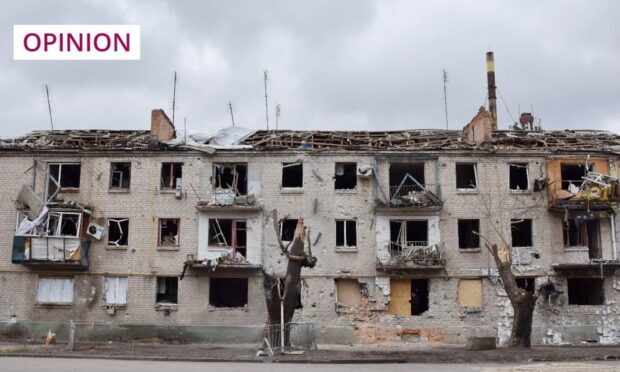
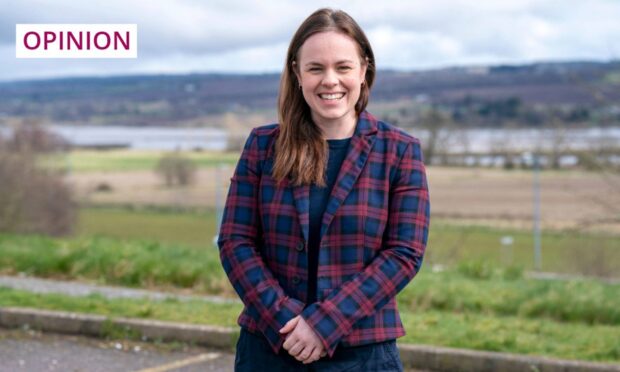
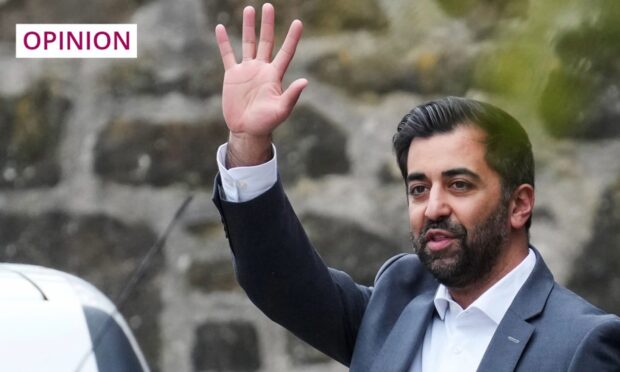
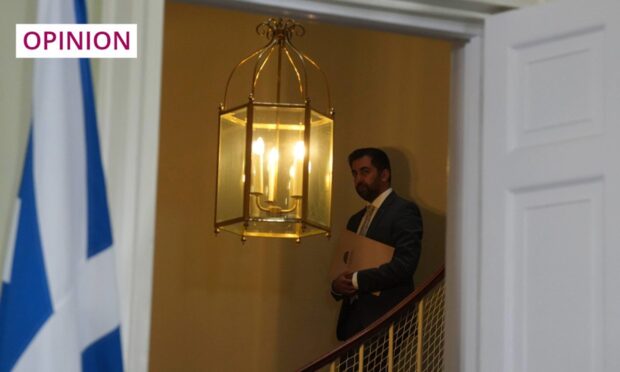







Conversation